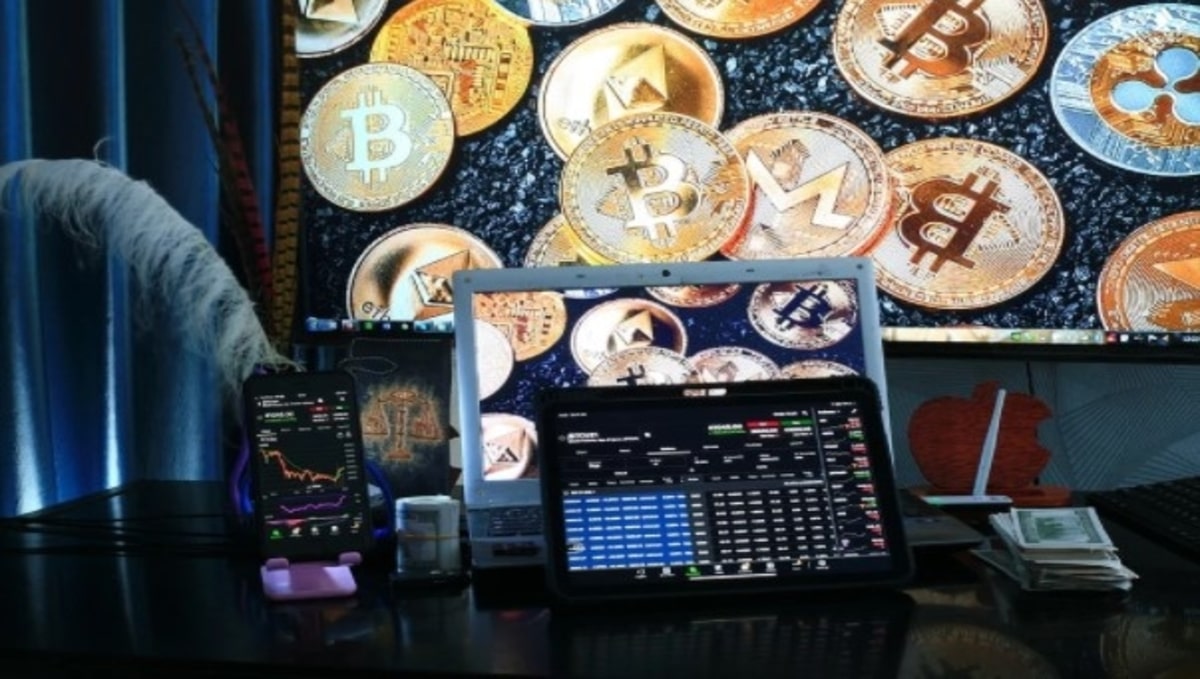Excluding dollar-tied USDC and AVAX, the remaining top ten crypto assets traded lower on Friday. Solana, Terra, and Shiba Inu lost 6% each.
The crypto marketplace recorded lower prices on Friday. That came after a sharp plunge in the United States Market amid inflation concerns and Fed’s hawkish tone. Excluding Avalanche and dollar-tied USDC, other assets in the top ten crypto-list traded with losses early today. Solana, SHIB and Terra lost 6% each.
The global cryptocurrency market cap plummeted by over 3% to $2.01 trillion. On the other part, the total cryptocurrency market volume surged 50% to $114.2 billion. Remember, the global market value has hovered under the $2T mark over the past several weeks.
India Update
Shaktikanta Das, RBI governor, stated that virtual digital currencies or private crypto products mean a massive threat to the country’s financial and macroeconomic stability. He reminded investors that crypto ‘has no underlying value.’ Das added that investors should invest knowing the marketplace is a risk.
The crypto community in India reacted to the RBI’s governor’s remarks that private crypto threatens India’s macroeconomic and financial stability. The enthusiasts believe digital assets can unlock the nation’s innovation, economic potential, and job-creating.
Expert Outlook
Bitcoin sustained dips over the previous 24 hours. The downside bias may relate to the decline in the United States stocks after the hawkish tone by the Fed Reserve. Mudrex CEO Edu Patel said Bitcoin is about to meet the overbought region.
Pate added that Bitcoin’s dominance hovers at 41%, while a critical resistance stands at $46K. Meanwhile, Ethereum, the 2nd largest crypto, trades around $3,000.Moreover, the market capitalization reflects the downbeat over the previous day.
Global News
While planning to improve its security, Coinbase Global removed how-to-buy directions for about three digital coins that appeared to risk investors’ money. In other updates, crypto-associated acquisitions and mergers saw their total value rising to $55 billion over the past year, higher than $1.1 billion in 2020 (PricewaterhouseCoopers report).
